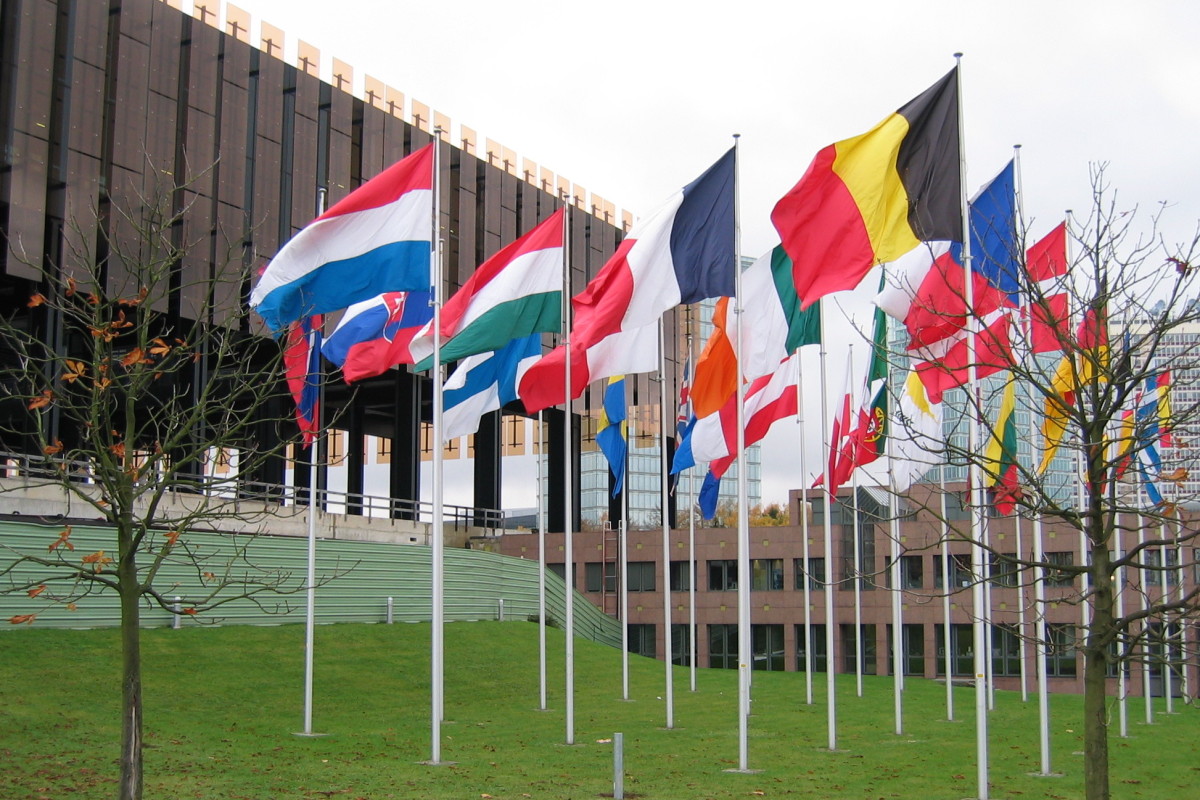Earlier this morning, a post from Microsoft President and Chief Legal Officer Brad Smith marked October 2015 as a month the tech industry would long remember. Not for a life-changing innovation or an advancement in research, but for the collapse of the U.S.-EU Safe Harbor – a 15-year-old international agreement critical to transatlantic data transfer.
More than 5,000 companies have been relying on the legal framework to conduct business and provide services to over 800 million people on two continents. And it’s not just large platform companies like Microsoft. More than half of the Safe Harbor companies are small businesses driving the mobile economy.
These companies are caught in the middle of a conflict between governments. While the tech industry suffers collateral damage, there will be ways to continue work without a disruption in core services. But the impact will be felt far more by the app companies that don’t possess the resources to find a legal workaround.
Nearly 80 percent of the most successful app companies are new entrants and small businesses. The invalidation of the Safe Harbor agreement severely impacts their ability to conduct business. Businesses and consumers rely heavily upon the services provided by U.S. app makers, many of which have decided against marketing their products overseas.
The collapse of the Safe Harbor makes clear the need for a global commitment to updated privacy laws. The European Court of Justice (ECJ) also makes clear the need for better cooperation between governments. Recent actions highlight this urgency.
Mutual Legal Assistance Treaties (MLATs) have been negotiated between the United States and many of its trading partners to facilitate bilateral cooperation in criminal investigations. The key aspect of these agreements is that evidence sought abroad is attained by the Ministry of Justice in the host country and then transmitted to overseas investigators. This relies upon the recognition that sovereign nations are solely responsible for retrieving evidence from their citizens stored domestically.
Unfortunately, the U.S. Department of Justice has aggressively pursued a court case claiming the right to any evidence electronically stored abroad. The agency has spurned the negotiated MLAT process opting instead to seize data stored in other countries without cooperation or notification of sovereign nations.
It’s easy to point the finger at Europe, but the U.S. government doesn’t possess much moral authority in this disagreement. Our Department of Justice has provided justification for ECJ’s actions and it must cease violating the sovereignty of foreign countries and the privacy rights of its citizens in order to resolve this issue. If DOJ won’t do it, the U.S. Congress is poised to take action.
Image: Cédric Puisney / cropped / license
